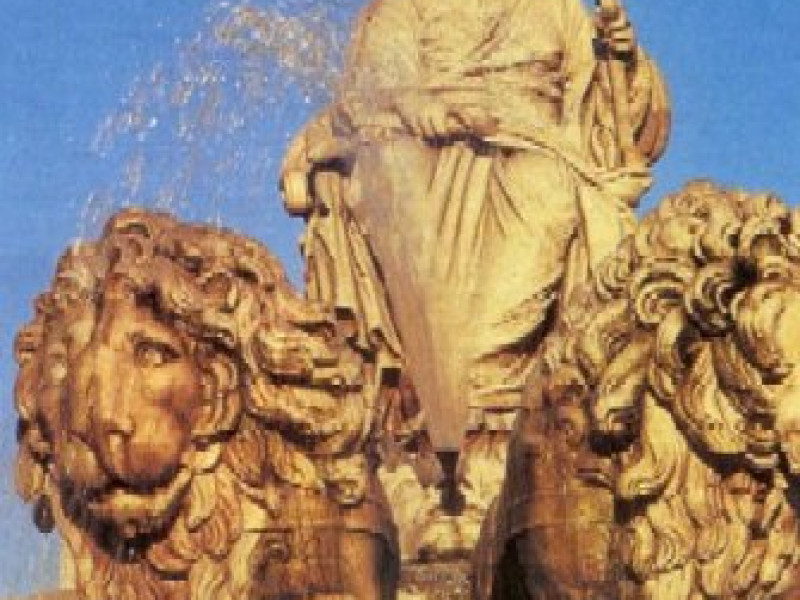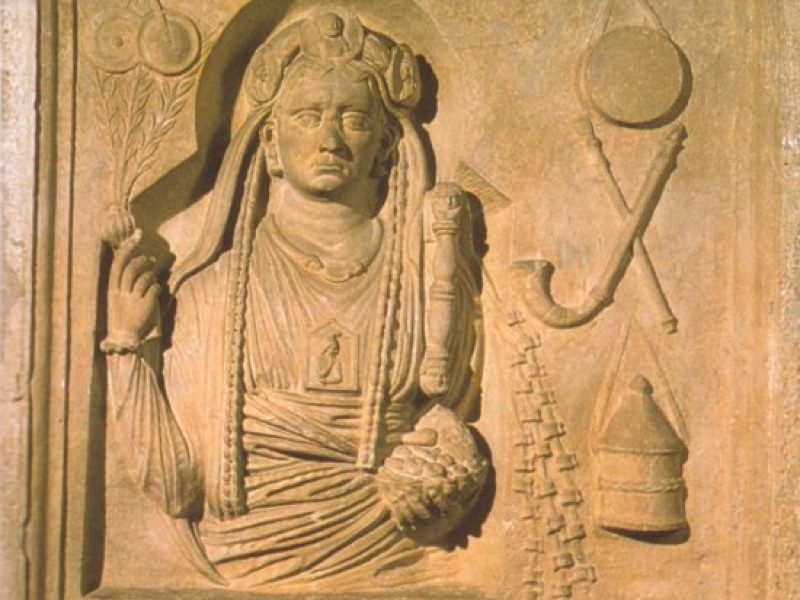Attis
A Phrygian vegetation god. Attis was the son of Nana, daughter of the river god Sangarius.
Nana fell pregnant when an almond dropped into her lap. The almond came from a tree that was originally the severed male genital from a hermaphrodite being. This being, with now only female genitals, became the mother goddess Cybele.
Nana couldn't explain the miracle of giving birth to a son, so she exposed the infant in the wild, but it was saved by suckling on a goat.
As Attis grew and became a young man, his beauty was noticed by Cybele. She fell in love with the handsome youth, but he wasn't aware of the goddess' love for him. Attis became engaged with a princess from the kingdom of Pessinus. In a jealous rage, Cybele drove both Attis and the king mad. In their mad frenzy, they castrated themselves on the pine trees, and bled to death.
In an earlier legend, a wild boar killed Attis. Either Attis became a pine tree or he was buried at Agdus in Pessinus.
Attis was often seen as Cybele's consort and a vegetation god, who was celebrated with Cybele in her feast. The galli, who were devotees of Cybele, would dance in a state of frenzy, before they castrated themselves, apparently to commemorate Attis' death.
By Jimmy Joe



